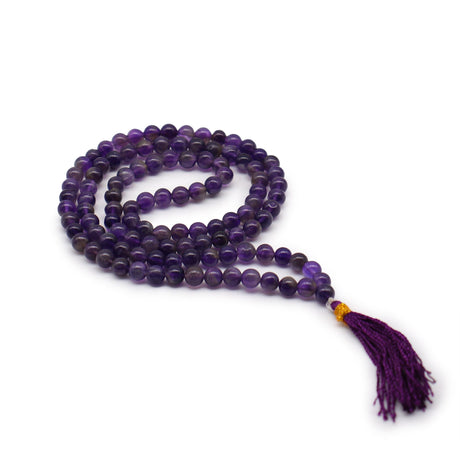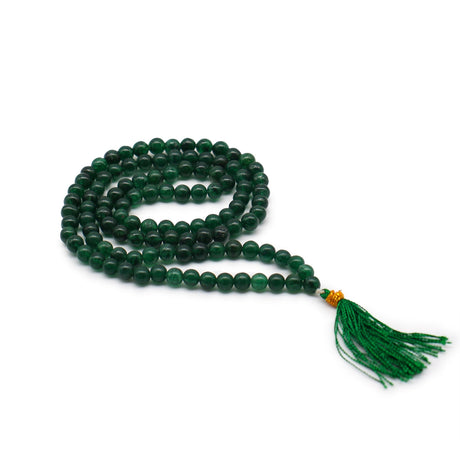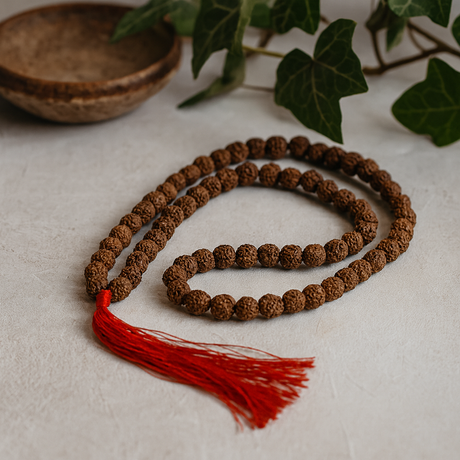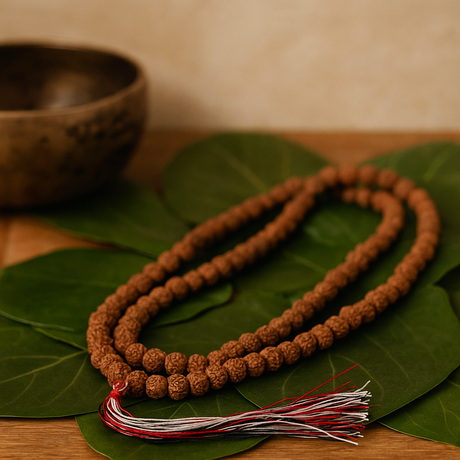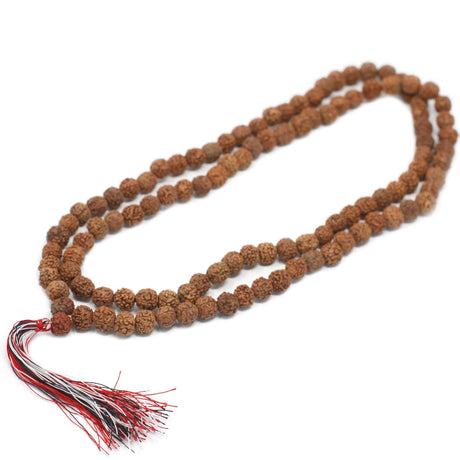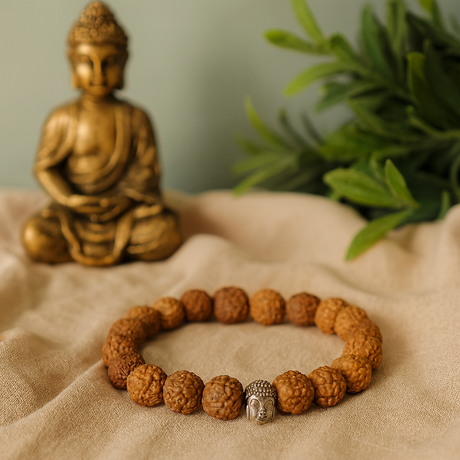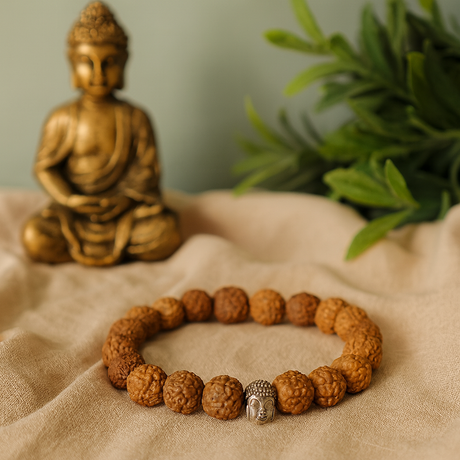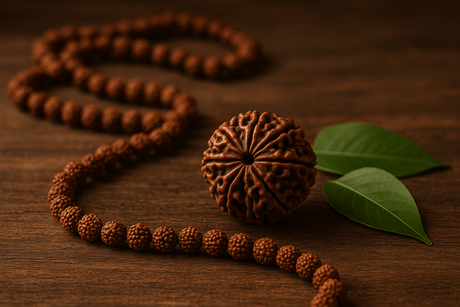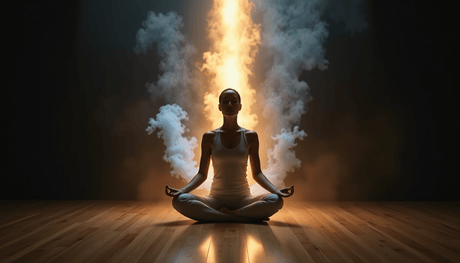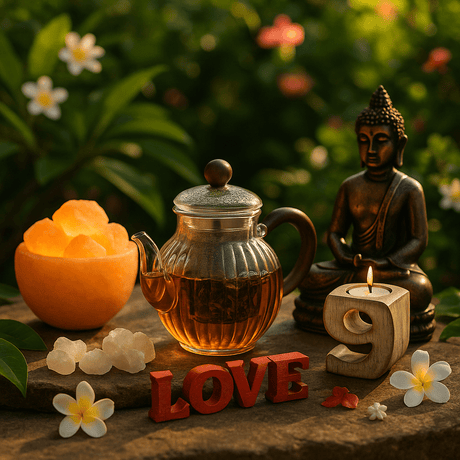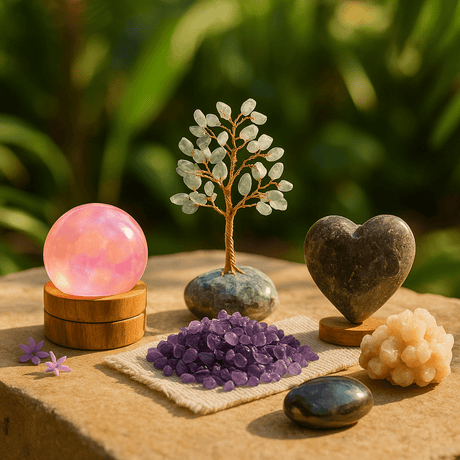Vipassana meditation originates from the ancient teachings of the Buddha and is a variant of mindfulness meditation. It involves observing oneself without judgment and is believed to facilitate the path to enlightenment. Typically, this practice spans a period of ten days. Here's an overview of what you should understand about it.
What is Vipassana Meditation?
Vipassana meditation, originating from the ancient teachings of the Buddha, is the oldest form of Buddhist meditation aimed at enhancing mindfulness. Derived from the Pali language, "Vipassana" translates to "seeing things as they really are," emphasizing self-observation without judgment.
This technique, outlined in the Satipatthana Sutta (Foundations of Mindfulness), encourages practitioners to observe thoughts and emotions objectively, distinguishing it from other methods like pranayama or visualization. Rather than actively controlling the mind, Vipassana fosters a quieting of the mind, present-focused awareness, and an acceptance of reality. Offered in intensive ten-day courses, Vipassana serves as a universal practice, transcending religious boundaries to facilitate self-discovery and mental purification.
Benefits of Vipassana Meditation
Vipassana meditation offers a plethora of benefits for both physical and mental well-being, backed by scientific research and centuries of practice.
Stress and Anxiety Reduction
Vipassana has gained recognition for its capacity to alleviate stress and anxiety, fostering mindfulness and self-compassion, as supported by studies. Participants in Vipassana courses have reported lower stress levels and increased well-being over time.
Enhanced Mental Wellness
Regular practice of Vipassana has shown improvements in various facets of mental well-being, including self-acceptance, emotional regulation, and overall psychological health. Studies have highlighted the positive impact of Vipassana retreats on participants' well-being and heart function.
Brain Plasticity
Engaging in Vipassana meditation may contribute to brain plasticity, allowing for the formation of new neural connections and enhancing cognitive function and mental resilience. Neuroimaging studies have provided insights into the effects of Vipassana on brain networks.

Addiction Treatment Potential
Preliminary research suggests that Vipassana meditation holds promise as an adjunctive therapy for individuals grappling with addiction. By fostering self-awareness and stress management, Vipassana can complement conventional addiction treatment approaches, aiding in recovery.
Furthermore, Vipassana meditation promotes:
- Clear and Calm Mind. Practitioners develop a clear and calm mind through mindfulness, reducing stress and anxiety while gaining a healthier perspective on life's challenges.
- Present-Moment Awareness. By cultivating present-moment awareness, Vipassana helps individuals become less reactive to thoughts and emotions, breaking free from rumination about the past and worries about the future.
- Improved Physical Health. Attendees of Vipassana retreats often report improved physical health, attributed to stress reduction and overall well-being.
- Reduction of Negative Emotions. Vipassana diminishes negative emotions like anger, hatred, and greed by fostering observation rather than indulgence in such feelings.
- Enhanced Judgment. By fostering a calm state of mind, Vipassana meditation enhances awareness, self-control, and peace, leading to better decision-making based on reality rather than pressure.
History of Vipassana Meditation
Vipassana meditation stands as a venerable practice with roots tracing back to ancient India. Legend has it that the technique originated with the Buddha himself, who purportedly attained enlightenment through its practice. Following his enlightenment, the Buddha is said to have instructed 60 disciples in the art of Vipassana, dispatching them to disseminate the technique across northern India. Over time, Vipassana gained prominence among rulers and nobility, with kings and emperors among its practitioners.
Historical records suggest that around 200 years after the Buddha's passing, Emperor Asoka, ruler of a vast empire encompassing present-day India, encountered Vipassana amid the turmoil of war. Stricken by the violence and suffering, Asoka embraced the teachings of the Buddha's disciples, propelling the spread of Vipassana across the Indian subcontinent and beyond. Teachers journeyed far and wide, sharing the practice not only within India but also in distant lands like Egypt and Syria.
In the 20th century, Vipassana experienced a revival under the guidance of Sayagyi U Ba Khin, a civil servant from Myanmar. Sayagyi U Ba Khin emphasized the importance of preserving the original, unadulterated technique, advocating for its widespread dissemination. His teachings ignited a renewed interest in Vipassana, inspiring countless students to embark on the path of inner exploration and self-discovery.
Getting Started with Vipassana Meditation
Begin with Short Sessions. Initiate your practice by dedicating short sessions to observing your breath and bodily sensations without judgment. Starting with brief periods allows you to ease into the practice and gradually acclimate to the experience.
Gradually Increase Duration and Frequency. As you grow more accustomed to the practice, incrementally extend the duration and frequency of your meditation sessions. This gradual progression enables you to deepen your focus and sustain mindfulness over longer intervals.
Explore Resources and Retreats. Supplement your individual practice by exploring available resources, such as guided meditations and instructional materials. Additionally, consider immersing yourself in a Vipassana retreat guided by experienced teachers. These retreats offer an intensive environment conducive to profound inner exploration and spiritual growth.
How to Do Vipassana Meditation
Vipassana meditation primarily unfolds within the context of retreats, where participants engage in a structured ten-day course led by meditation experts. While many retreats are available online, often free of charge and supported by donations, familiarizing yourself with the retreat's format beforehand can enhance your preparedness. Here's a general overview of what to expect during a Vipassana retreat:
- Practice of Sila. Prior to and throughout the course, participants adhere to ethical guidelines, refraining from actions that may cause harm. This cultivation of morality lays the groundwork for mental tranquility, enabling deeper immersion in the retreat experience.
- Practice of Samadhi. The initial phase of the retreat focuses on concentration (samadhi) through breath-focused meditation. By cultivating sustained attention, participants prepare the mind for deeper exploration and purification.
- Practice of Vipassana. In the latter phase of the retreat, participants delve into the practice of Vipassana itself. This entails breaking down mental barriers to observe the true nature of the self, facilitating profound insights and mental purification.
Throughout the retreat, participants minimize verbal communication, adhere to set meal times, and follow a structured sleep schedule conducive to mental clarity and introspection. As the retreat concludes on the tenth or potentially eleventh day, participants transition back to everyday life, enriched by their journey of self-discovery and inner transformation.

The Five Principles of Vipassana Meditation
In the practice of Vipassana meditation, participants adhere to the following ethical guidelines throughout the course:
- Abstaining from harming any living being
- Abstaining from stealing
- Abstaining from engaging in sexual activity
- Abstaining from lying
- Abstaining from consuming intoxicants
These principles provide a framework for ethical conduct, fostering an environment conducive to inner peace, self-awareness, and spiritual growth. By upholding these precepts, practitioners cultivate mindfulness and compassion, enriching their meditation practice and enhancing their overall well-being.
FAQs about Vipassana Meditation
- Can I do Vipassana at home? Vipassana meditation can be practiced at home, but attending a 10-day Vipassana retreat led by experienced teachers is recommended for a deeper immersion into the practice.
- What is a 10-day Vipassana? A 10-day Vipassana retreat is an intensive meditation course where participants follow a structured schedule, practicing meditation for several hours each day and observing noble silence.
- Who should not do Vipassana? Individuals with serious mental disorders are advised against attending Vipassana courses, as the practice may not be suitable for them.
- How many hours a day is Vipassana? Participants typically meditate for about ten hours a day during a Vipassana retreat, with breaks for meals and rest.
- How to start Vipassana? Beginners can start Vipassana meditation by attending an introductory course or following guided meditation instructions available online.
- Is Vipassana painful? Vipassana meditation may involve physical discomfort due to prolonged sitting, but the practice aims to develop equanimity towards all sensations, including pain.
- Does Vipassana change you? Vipassana meditation can bring about profound changes in one's mental state and outlook on life, fostering greater self-awareness, compassion, and emotional balance.
- What does Vipassana do to your brain? Research suggests that Vipassana meditation can lead to structural and functional changes in the brain, including increased gray matter density and enhanced connectivity in regions associated with attention and emotional regulation.
- Can you talk during Vipassana? Noble silence, which entails refraining from all forms of communication with fellow participants, is observed during most of the Vipassana retreat, allowing practitioners to focus inwardly.
- What do you eat in Vipassana? Vipassana retreats typically offer simple vegetarian meals to participants, providing nourishment that supports the meditative practice.
- Can you use a phone in Vipassana? Phones and other electronic devices are not permitted during Vipassana retreats to minimize distractions and foster a conducive environment for meditation.
- Do people cry during Vipassana? Emotional releases, including crying, are not uncommon during Vipassana meditation as practitioners confront and process deep-seated emotions and mental patterns.
- Does Vipassana affect sleep? Vipassana meditation can have varied effects on sleep patterns, with some practitioners reporting improvements in sleep quality due to reduced stress and increased mindfulness. However, individual experiences may vary.

Conclusion 🧘🏻♀️
Vipassana Meditation, rooted in ancient Buddhist tradition, offers a transformative journey towards inner peace and understanding. By observing thoughts and sensations without judgment, practitioners seek to alleviate suffering and cultivate mental clarity. This practice, often conducted in ten-day retreats, encourages self-awareness and introspection, aiming to purify the mind and enhance overall well-being. Through disciplined practice and adherence to moral principles, individuals can unlock profound insights into the nature of existence and experience positive shifts in their mindset and perception.









